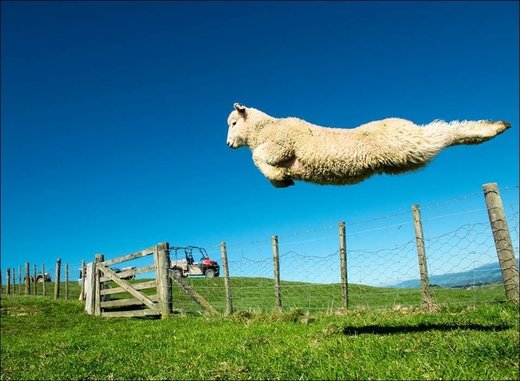Bullrich's new security protocol includes plans to block demonstrators from holding disruptive road-blocking protests in Buenos Aires, impose fines and potential legal penalties on protesters and social movements, and to call up all four of Argentina's federal police forces to participate in the clearing of protests.
"The minimum sufficient force will be applied and it will be scaled up according to the degree of resistance," Bullrich said.
Comment:
Milei, a libertarian economist, was elected in November on a promise to take a "chainsaw" to public spending to eliminate the fiscal deficit and Argentina's chronic inflation, which is running close to 150 per cent year on year.
But analysts have warned that many of his plans, including an austerity package announced earlier this week and a pledge to privatise state-owned companies, will trigger pushback from Argentina's powerful social and labour movements.
Eduardo Belliboni, leader of a leftist protest group Polo Obrero, has called its first protest against Milei's government for December 20. He said Bullrich's announcement amounted to "a plan for war against the people". Belliboni argued that restricting roadblocks would compromise the right to protest. "There will probably be 50,000 people in the street, are they supposed to all walk on the sidewalk?"
Bullrich, who ran in this year's elections against Milei for Argentina's mainstream centre-right coalition Juntos por el Cambio, had made ending disruptive protests a plank of her campaign. Her new protocols include a pledge to bill social organisations and individual protesters for the cost of policing demonstrations. She also said police would share information about protesters with migration authorities, or with child protection authorities in the case of parents who take minors to protests. "We won't allow them to use them as human shields," Bullrich said. "Argentines must be liberated from the sectors of society that [use protest to] extort them."




Otherwise you (the Argentinian president) might suddenly stare into the barrel of a gun when waking up. And depending on past history, that might be your last impression on earth ...